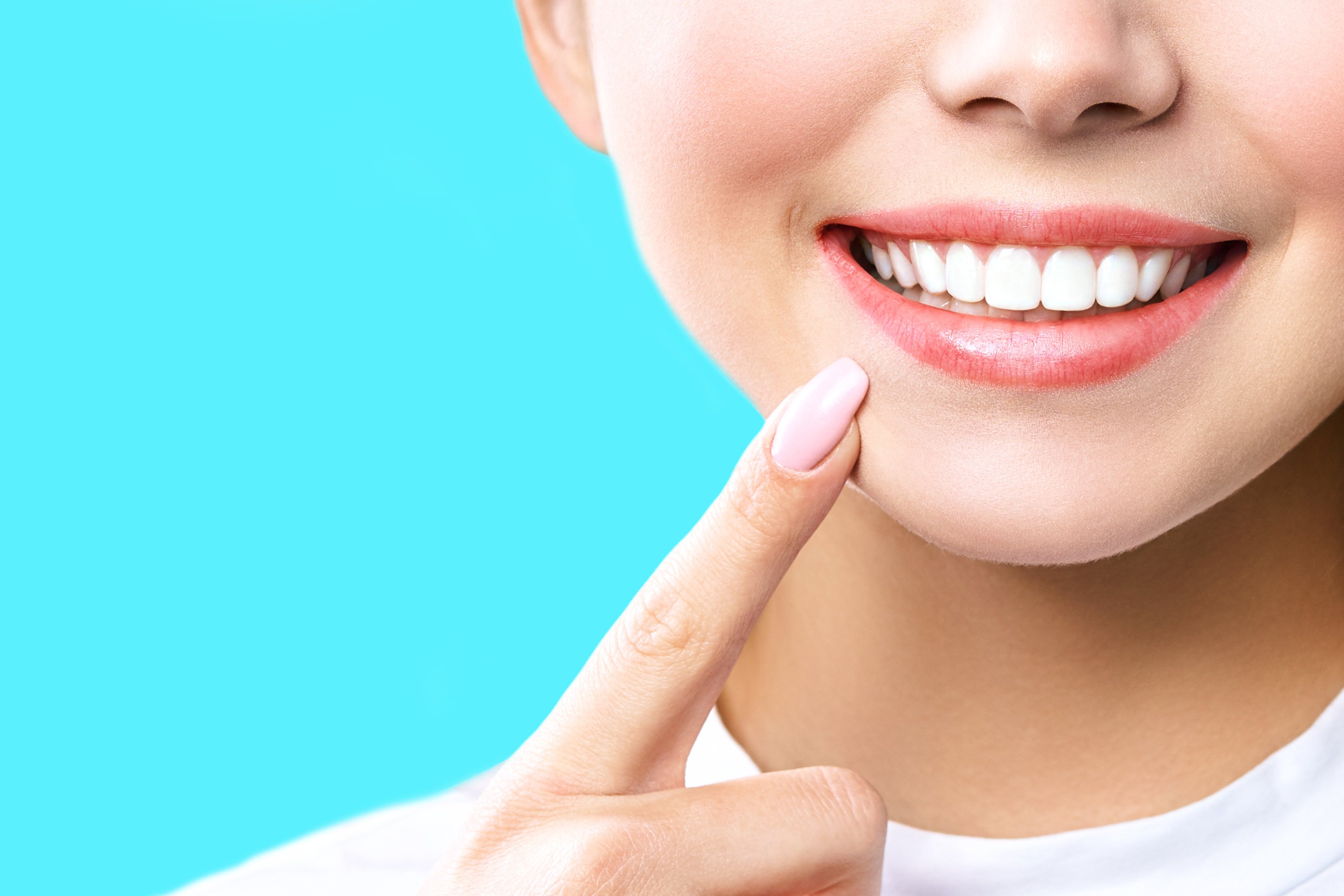Everything Parents Should Know About Tooth Eruption

Summarize with AI
Although most parents eagerly await their children's first toothy smile, the actual teething process can bring confusion and concern. To better understand what to expect from this all-important milestone, consider the following guide to tooth eruption.
What is Tooth Eruption?
Simply out, tooth eruption is the process of a child's teeth becoming visible in the mouth.
When Do Babies Begin Teething?
While most babies begin developing teeth between 3 and 12 months, it can happen sooner or later for some children. Many times, parents mistake certain behaviors for an impending eruption. These may include increased saliva and the placing of fingers in the mouth. In most cases, these behaviors are caused by general curiosity and not teething. Usually, children will not develop a tooth until they are 6 months old; however, in some cases, a child may not get any teeth until after his or her first birthday.
Which Baby Teeth Come First?
In most cases, the lower front teeth (lower central incisors) are the first to appear. The vast majority of children will have all of their baby teeth by age three.
Are Teething Gels Safe?
Despite widespread belief, teething gels should not be used to soothe infant gum pain. The U.S. Food and Drug Administration warns against using benzocaine for children younger than two, since it has been known to cause methemoglobinemia, a rare but serious disorder that prevents hemoglobin from releasing oxygen in the body. You should also avoid teething tablets and teething necklaces, which could pose choking risks. If your child seems troubled by teething discomfort, there is some evidence that breast milk might alleviate pain.
Since baby teeth tend to be much sharper than people expect, it's also important to avoid rings with liquid or gel inside. An erupting tooth can sometimes puncture these products, allowing your child to ingest unknown or harmful chemicals. You should also avoid giving your child frozen foods in an attempt to ease discomfort, since sharp baby teeth may be able to sever chunks of food, which could become choking hazards.
Do You Need to Brush a Baby's Teeth?
Just like our permanent teeth, baby teeth are vulnerable to plaque and decay. If you don't routinely brush a baby's teeth, there's a good chance cavities will develop. Experts recommend that parents brush their children's baby teeth twice a day using a very slight smear of fluoride toothpaste about the size of a grain of rice. Once a child turns three, you can increase the amount of toothpaste to the size of a pea, according to the American Dental Association (ADA), the American Academy of Pediatrics (AAP) and the American Academy of Pediatric Dentistry (AAPD). Parents are advised to continue assisting and monitoring their children's brushing habits until they are around seven to eight years of age.
When Should My Child See a Dentist?
Experts recommend that parents take their children to see a local dentist after the very first tooth eruption and no later than the child’s first birthday.
When Do Children Begin Losing Baby Teeth?
Children usually lose their baby teeth in a "first in, first out" order. Most kids will begin losing their baby teeth between the ages of four and seven; however, they typically retain their baby molars until the ages of nine to 12. Baby teeth don't usually loosen until permanent teeth push against them from underneath. That said, it is possible for a child to lose a baby tooth before an adult tooth is ready to erupt. In these cases, a dentist may need to use a spacer to create enough room for the adult tooth.
When Do Children Get All of Their Permanent Teeth?
Most children will have 28 permanent teeth by the time they are 13. These will include eight molars, four canines, eight premolars, four lateral incisors and four central incisors. The last of the permanent teeth, called third molars or wisdom teeth, usually appear between the ages of 17 and 21. Since these teeth are so far back in the mouth, they can be difficult to keep clean. In some cases, they can also lead to complications when third molars are impacted or partially erupted. For these reasons, it's common for dentists to recommend their removal.
.png)

